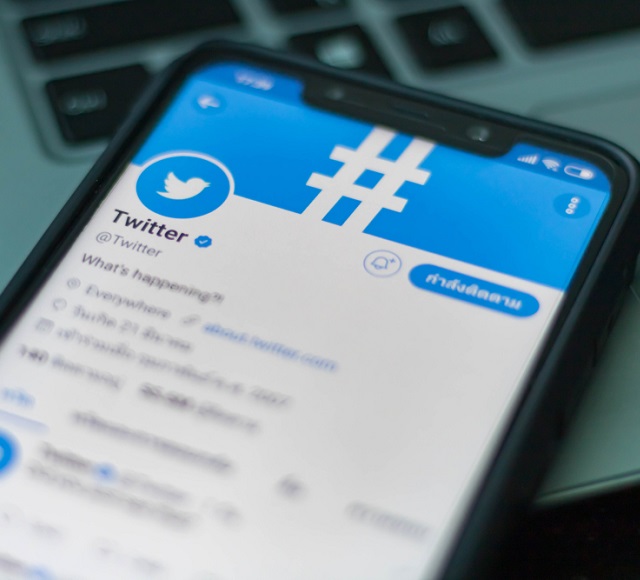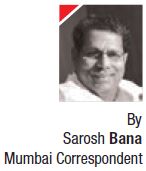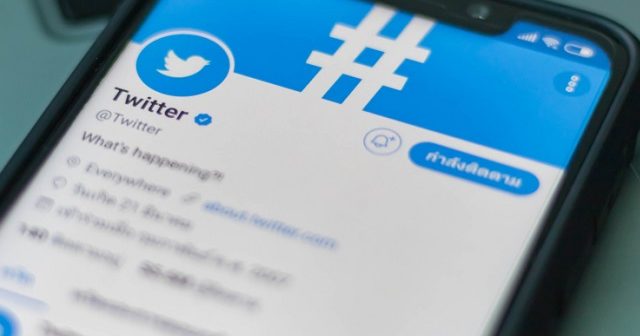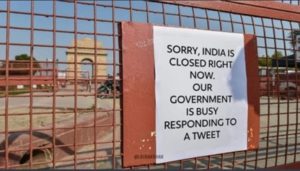
 The Indian government is on the warpath against international pop singer Rihanna, Sweden’s teenaged climate activist Greta Thunberg, adult-star-turned-model Mia Khalifa and US Vice President Kamala Harris’s niece, Meena Harris.
The Indian government is on the warpath against international pop singer Rihanna, Sweden’s teenaged climate activist Greta Thunberg, adult-star-turned-model Mia Khalifa and US Vice President Kamala Harris’s niece, Meena Harris.
Most Cabinet ministers in New Delhi have either taken to Twitter or made public statements reviling these four women, their anger echoed online by the legions of government-sponsored trolls and pro-establishment film stars and cricketers.
They have been outraged by these foreign celebrities, who have millions of followers on Twitter, coming out in support of the multitudes of farmers protesting in and around the capital city of New Delhi for the past almost 80 days against three new farm laws they say are draconian and against farmer interest. The Bharatiya Janata Party (BJP)-led government had hustled the legislations through Parliament without consulting farmer representatives or the Opposition and without routing the bills through a Parliamentary standing committee as constitutionally mandated, and in what is perceived as an illegal measure, including a proviso that sets the acts beyond judicial review.
Over 80 of the demonstrating farmers, many among them women and aged, have died, braving the harsh cold of the Delhi winter in the streets, with at least five committing suicide. “Why aren’t we talking about this?!” Rihanna tweeted to her 101 million followers, with a link to a CNN article on the Indian government’s crackdown on protesters, with the hashtag #FarmersProtest. Her tweet went viral and soon after, Thunberg tweeted, “We stand in solidarity with the #FarmersProtest in India.” Harris, an author and entrepreneur, drew a parallel between the Delhi crackdown and the 6 January insurrection at Capitol Hill, and targeted both former US President Donald Trump and the Indian leadership with cries of “militant nationalism” and “FASCIST DICTATORS”. Khalifa followed with tweets expressing solidarity with the farmers.
The government has been branding the protesting farmers ‘terrorists’ and ‘anti-nationals’ and have also slapped charges of sedition and war against the State against the Opposition Congress Party MP, Shashi Tharoor and six journalists it perceived as taking a stance against the police action.
Many Indians joined the protesting farmers in cheering the overseas twitter support, saying it had helped further the exposure of their agitation on the world stage. An Indian actor-singer released online a Punjabi language track that he dedicated to Rihanna, whom he called a “pretty girl from Barbados”. But those backing the government trolled Rihanna, known to be amongst America’s richest women, accusing her of tweeting in exchange for money. Government spokesperson Sambit Patra expressed his indignation on the government-backed Republic TV, saying, “Why didn’t Rihanna tweet in 1984?”, referring to similar riots during the time of the Congress rule. He was lampooned on social media, with posts indicating that not only was Rihanna born in 1988, Twitter had started 18 years later, in 2006.
However, the Establishment trolls, who frequently target women with threats of murder and rape, together with the government and even the police, reserved the highest condemnation for Thunberg, who apparently linked her tweet to a “tool-kit” that scripted an action programme against the BJP government and which was suspected to have been forwarded to her by an overseas Indian organisation critical of the right-wing BJP.
The young environment crusader, however, responded to the backlash with another tweet that said: “I still #StandWithFarmers and support their peaceful protest. No amount of hate, threats or violations of human rights will ever change that. #FarmersProtest.”
Her and the others’ tweets provoked responses from almost every senior BJP leader, including Foreign Minister S. Jaishankar and Home Minister Amit Shah, who declared that “no propaganda can deter India’s unity”. In a tweet retweeted by Prime Minister Narendra Modi, the External Affairs ministry said: “Before rushing to comment on such matters, we urge that facts are ascertained and proper understanding of issues at hand be undertaken. The temptation of sensationalist social media hashtags and comments, especially when resorted to by celebrities and others, is neither accurate nor responsible.”
India’s social media were awash with posts that deemed it demeaning that the government of the world’s largest democracy could so ‘over react’ to celebrity tweets by implying they could threaten the country’s unity, and at a time the Prime Minister has neither mentioned China for its incursion into India last April and its capture of 1,000 sq km of Indian territory, nor even acknowledged the attack. Congress’s Tharoor said the damage done to India’s global image by the government’s “undemocratic behaviour” against the farmers was compounded by its unfounded alarm at foreign celebrities’ tweets.
The farmer protests had all along been peaceful, but took a violent turn on 26 January, India’s Independence Day, when around the time of the grand annual parade and pageantry down New Delhi’s central boulevard, some of the protestors clashed with the police at the historic 17th century Red Fort close by. The condemnable flashpoint was widely believed to have been instigated by some inflammatory speeches by a BJP insider who is absconding at present. The police crackdown that followed was perceived to have been orchestrated as a government response to restore law and order.
Further action followed, with police FIRs (First Information Reports) that charged farmer leaders, activists and even MP Tharoor with sedition and war against the State, as also with suspension of the internet in areas where the demonstrating farmers have gathered. The authorities asked Twitter to block the Twitter handles of 350 farmer leaders and, in an unprecedented step, blockaded all passages of the farmers by setting up six rings of barricades by digging trenches and placing cement blocks and concertina wire across roads and highways, pouring concrete and driving upturned spikes into it, and deploying battle-ready police and paramilitary forces as reinforcements.
Alarmed observers questioned on social media why there had not been such resistance against Chinese soldiers who had invaded India.







